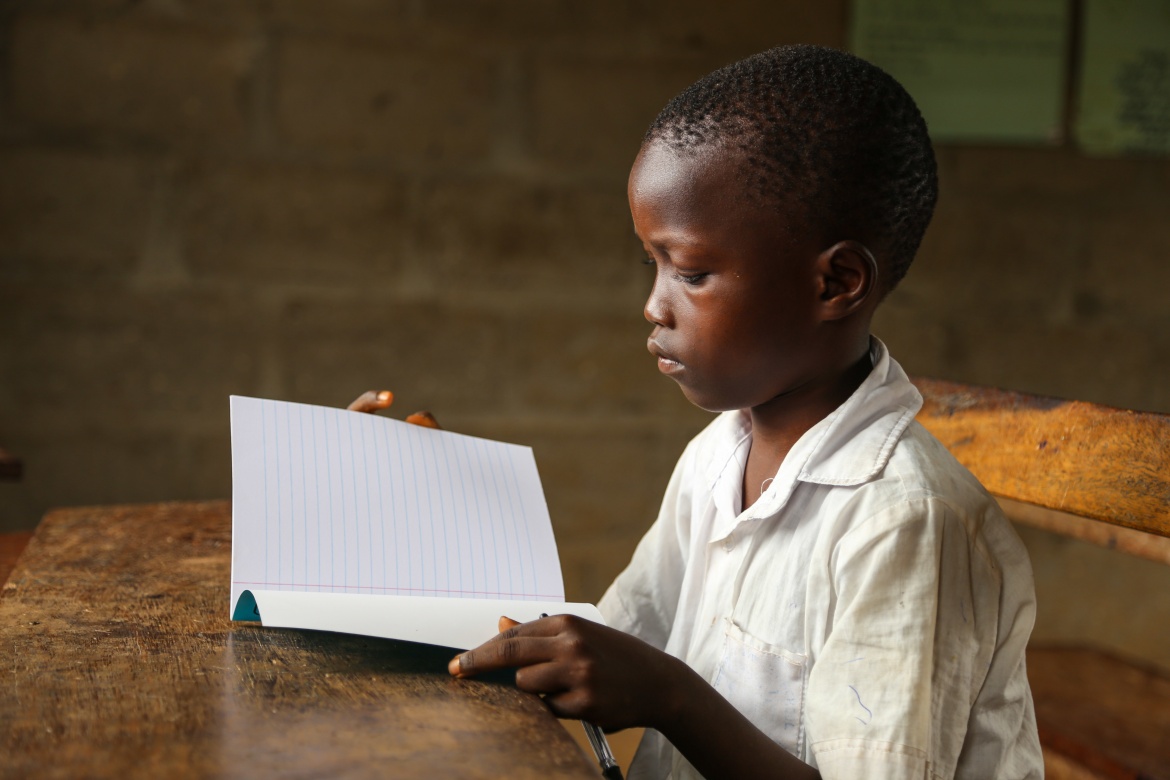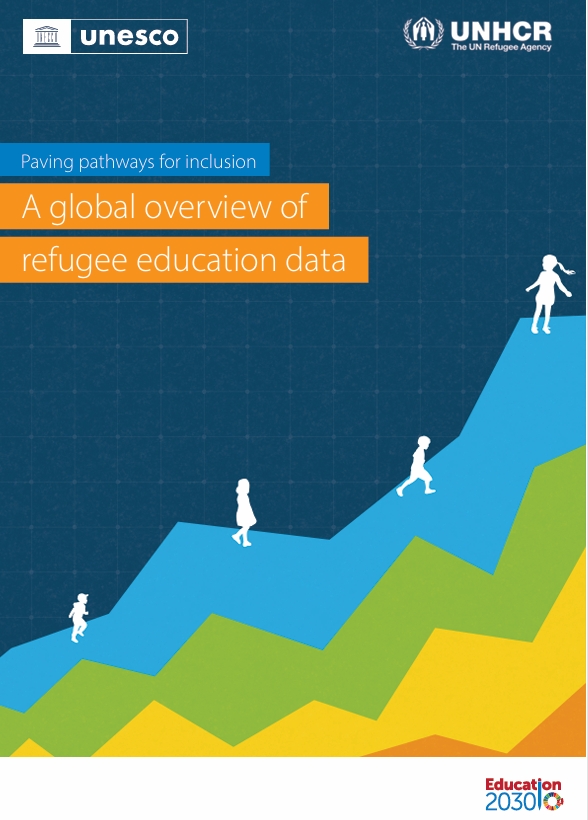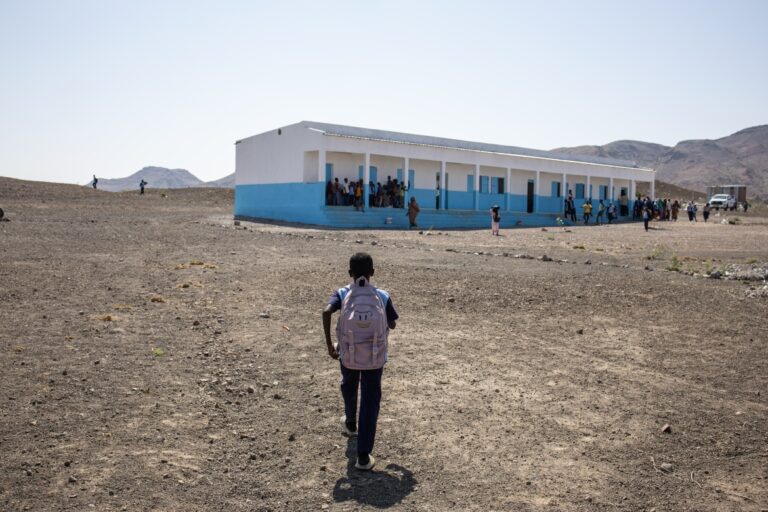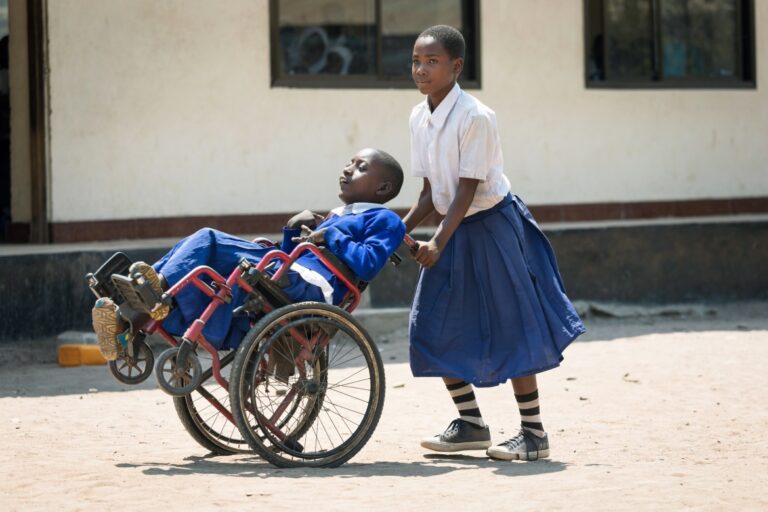Remedial learning is key to support students catch up classes they miss. That is why, in Sierra Leone, the Ministry of Education is working with partners to design and align interventions that would not only cover learning loss due to the pandemic but also build the sector resilience.
This blog was previously posted on the World Bank’s website.
Students in low- and middle-income countries often suffer from high student to teacher ratios in classrooms. This is compounded by social determinants and low education sector capacity, which leads to most of these students falling within the low performing category.
Evidence points to remedial learning as a key intervention for supporting these students in catching up, not only with their peers, but also with students around the world. However, during active school years, this practice has been forgotten in some countries where it is needed most, including Sierra Leone.
The COVID-19 pandemic highlighted and exacerbated many limitations of education around the world, especially in low-income regions.
In Sierra Leone, the Ministry of Basic and Senior Secondary Education (MBSSE), in collaboration with long-term donor and development partners including the World Bank, the Global Partnership for Education (GPE), and UNICEF, collaborated to design and align a vast yet strategic array of interventions that would not only cover learning loss due to the pandemic but also build sector resilience.
Recognizing that Sierra Leone already had a high percentage of low performing students before the pandemic, the MBSSE and partners integrated remedial learning interventions to cover learning losses. However, remedial learning should be included routinely in education programs— whether it be before, during, or after emergencies.
Read the full article on the Global Partnership for Education website.






